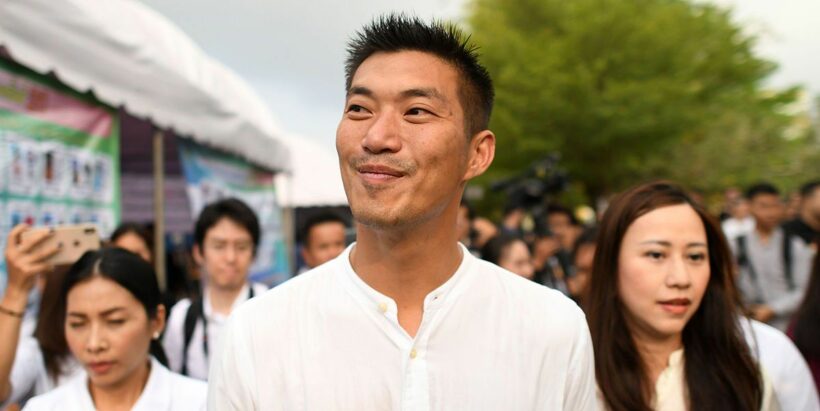New ‘Progressive Movement’ party plans to take on local elections

Thailand’s elections may look a bit different as some candidates, who normally campaign in local elections, are banding together to form a new ‘Progressive Movement.’ The move comes despite the Constitutional Court banning its founder, Thanathorn Juangroogruangkit, along with other executives, for 10 years after being involved with the Future Forward Party that was disbanded earlier this year.
The banning hasn’t swayed Thanathorn’s determination to continue the campaign to help Thailand move towards further democratic reform as he is now aligning himself under the new Progressive Movement. He reportedly is planning to field candidates in local elections such as tambon administration organisations and provincial administration organisations. Thanathorn made the announcement in Phuket with many former Future Forward Party members.
“We are in Phuket today to persuade the Phuket people to walk together with us. We will field our candidates in the election of 5,320 TAOs, 76 PAOs, 2,454 municipalities, the BMA and Pattaya City.”
SOURCES: Bangkok Post | Nation Thailand
Latest Thailand News
Follow The Thaiger on Google News:
























